Musk criticizes Scholz and endorses AfD after Christmas market attack
- Update Time : Sunday, December 22, 2024
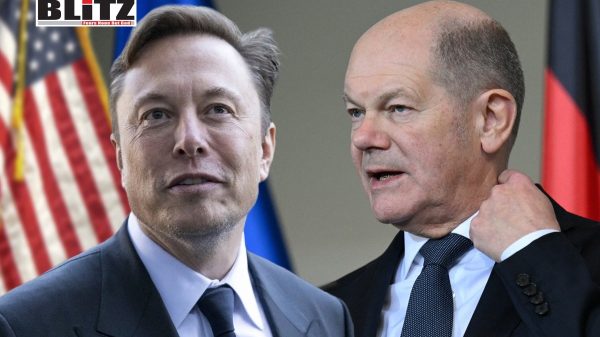
Elon Musk, the CEO of SpaceX and Tesla and a vocal ally of US President-elect Donald Trump, has launched a scathing critique of German Chancellor Olaf Scholz, calling him an “incompetent fool” and demanding his immediate resignation. Musk’s remarks followed a tragic incident at a Christmas market in Magdeburg, Germany, where an Arab immigrant drove a car into a crowd, killing at least two people, including a child, and injuring dozens more.
The incident occurred on December 20 when a 50-year-old Saudi Arabian doctor, who had moved to Germany in 2006 and held a permanent residence permit, plowed a rented car 400 meters through a crowded Christmas market. The suspect was arrested at the scene, but the investigation into his motive remains ongoing. Authorities have not yet officially classified the attack as an act of terrorism. Despite the lack of confirmation, the event has reignited a fierce debate over Germany’s migration policies.
Shortly after Scholz expressed his condolences to the victims and their families, Musk took to his platform X (formerly Twitter) to attack the German Chancellor. “Scholz should resign immediately. Incompetent fool,” Musk posted, responding to what he perceived as a weak reaction to the tragedy.
Musk further criticized Berlin’s migration policy, calling it “treasonous” and accusing left-wing European leaders of enabling the “mass migration of extremists who hate Christians.” In one of his posts, Musk reacted to unconfirmed claims that Germany had allegedly refused to extradite the suspect to Saudi Arabia by stating, “Wow, this is insane. Whoever refused to extradite a murderer deserves to be punished severely!”
The billionaire’s comments didn’t stop there. He reiterated his endorsement of the far-right Alternative for Germany (AfD) party, stating, “Only the AfD can save Germany.” This endorsement drew backlash from German officials, who accused Musk of meddling in their country’s political affairs.
Musk’s remarks have amplified tensions within Germany’s political landscape, already strained following the collapse of Scholz’s governing coalition. Scholz, who has been Chancellor since December 2021, led a ‘traffic light’ coalition comprising his Social Democrats (SPD), the Greens, and the Free Democratic Party (FDP). The coalition fell apart last month when Scholz dismissed Finance Minister Christian Lindner over disagreements on economic policies.
The political turmoil escalated on Monday when Scholz lost a confidence vote in parliament, paving the way for snap elections early next year. The Chancellor’s political future appears increasingly uncertain, with critics blaming his administration for Germany’s economic woes and divisive policies on migration.
German officials were quick to denounce Musk’s statements. Health Minister Karl Lauterbach called Musk’s actions “very disturbing” and suggested that authorities should “keep a close eye on the goings-on on X.” Lauterbach also expressed concern about the platform being used to “spread the political positions and goals of Mr. Musk.”
Christian Lindner, the head of the Free Democratic Party (FDP), directly addressed Musk in an attempt to steer the debate. “Elon, I’ve initiated a policy debate inspired by ideas from you and [Javier] Milei,” Lindner wrote, referring to the Argentine president-elect known for his libertarian stance. “While migration control is crucial for Germany, the AfD stands against freedom and business – it’s a far-right extremist party. Don’t rush to conclusions from afar.”
Scholz, meanwhile, responded indirectly during a press conference, defending Germany’s commitment to free speech. “That also applies to multimillionaires,” he said. “Freedom of speech also means that you’re able to say things that aren’t right and do not contain good political advice.”
The attack in Magdeburg has reignited debates over Germany’s migration policies, which have long been a point of contention. Critics argue that the country’s liberal approach to accepting refugees and migrants has led to increased security risks. Supporters, however, contend that such policies are essential for humanitarian reasons and for addressing labor shortages in Germany’s aging workforce.
Musk’s incendiary comments have added fuel to an already polarizing topic. His endorsement of the AfD, a party often criticized for its anti-immigrant rhetoric and far-right positions, has been particularly controversial. While Musk’s influence in Germany’s political sphere is limited, his remarks have brought international attention to the country’s internal struggles.
Musk’s use of X to express his opinions has raised questions about the role of social media in shaping political discourse. As the owner of the platform, Musk has considerable reach and influence, which he has not hesitated to wield. Critics argue that his actions blur the lines between personal opinion and platform responsibility, potentially impacting democratic processes in other nations.
German authorities have expressed concern about the increasing politicization of social media platforms. Lauterbach’s call for vigilance highlights the growing unease about the role of digital spaces in amplifying extremist views and foreign interference.
With snap elections looming, Germany faces a period of political uncertainty. The collapse of Scholz’s coalition and the rise of far-right parties like the AfD underscore deep divisions within the country. The Christmas market attack has further intensified these debates, putting migration policy and national security at the forefront of the political agenda.
Musk’s comments, while controversial, have tapped into existing frustrations among segments of the German population. His critique of Scholz and endorsement of the AfD may resonate with voters disillusioned by mainstream parties. However, his involvement also risks alienating moderates and sparking a backlash against perceived foreign interference.
The Magdeburg tragedy has exposed the fragility of Germany’s political and social fabric. As the country grapples with the fallout, Musk’s incendiary remarks have added another layer of complexity to an already volatile situation. Whether his comments will have a lasting impact on Germany’s political landscape remains to be seen, but they have undoubtedly fueled an ongoing debate about migration, security, and the role of social media in modern democracy.


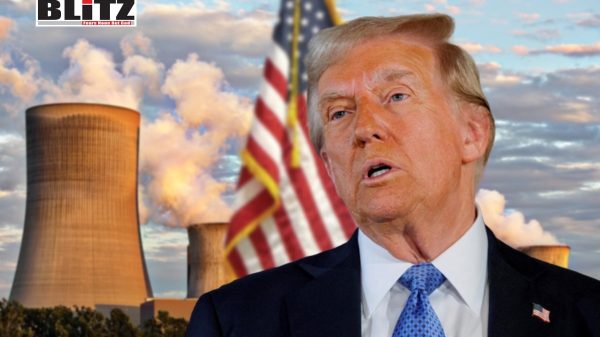

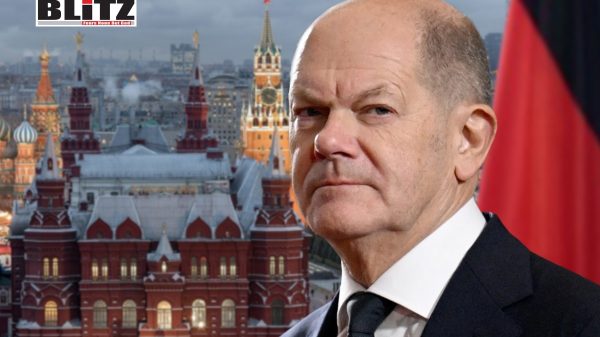
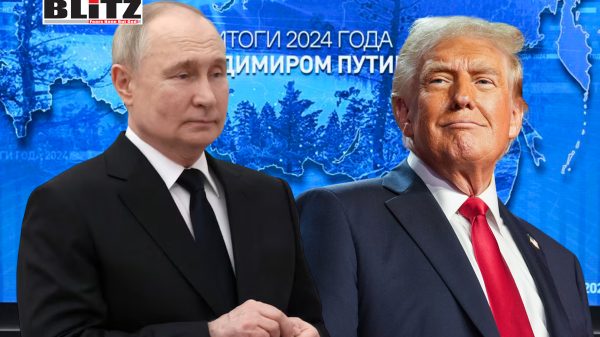
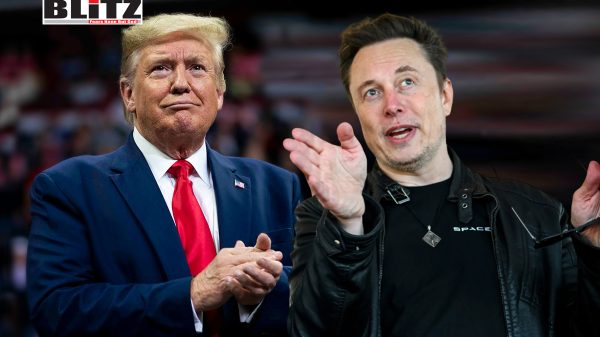
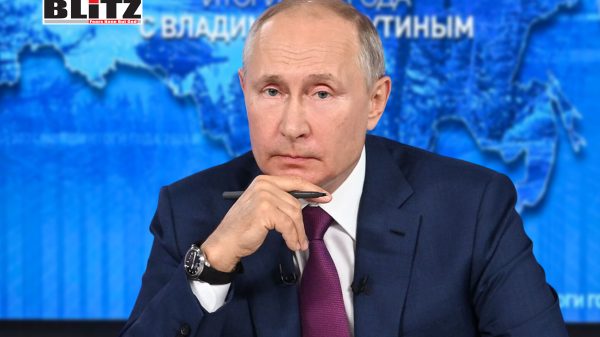
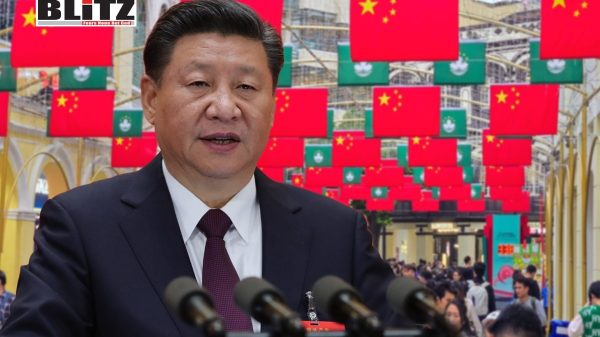
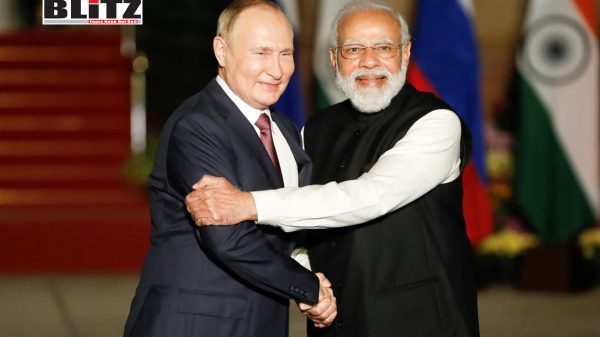
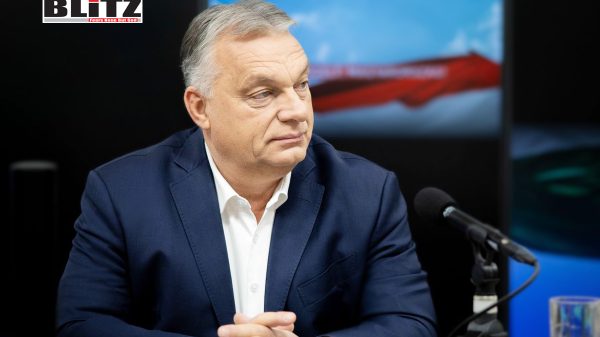

Leave a Reply